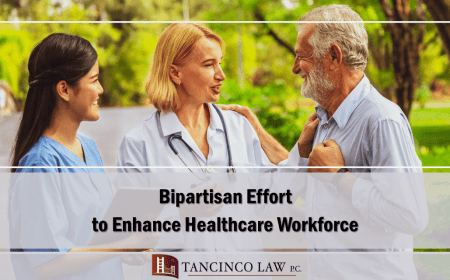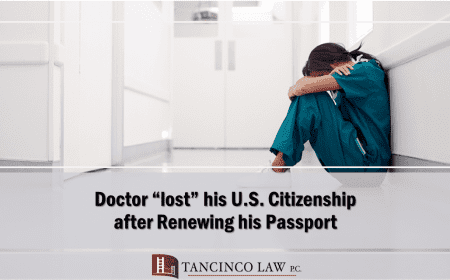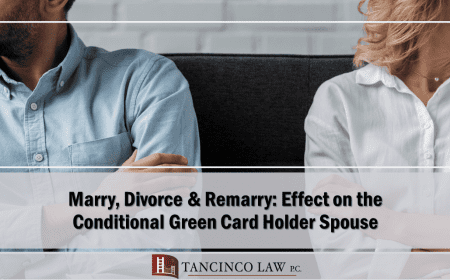On September 22, 2018, the U.S. Department of Homeland Security published on its website a 447 page proposal called the “Inadmissibility on Public Charge Grounds”. This proposal would have the effect of denying green cards to immigrants who have legally availed public benefits. Obviously, this is part of Trump administration’s overall trend of cracking down on both legal and illegal immigration.
Most non-immigrants and unauthorized immigrants in the United States are not eligible for most public benefits. But for those who find themselves availing of food stamps, housing vouchers and Medicaid, they may face risk to their future immigrant status if the proposal is fully implemented.
What is this new proposal about?
This new proposal refers to a “public charge” finding as a ground for inadmissibility or basis for denial of visas. An individual is considered a public charge if s/he is dependent primarily on government assistance for her/his subsistence.
Currently the public charge rule is that a person who is dependent primarily on welfare or government assistance will be denied a visa if s/he availed of monetary public benefits such as (1) Supplemental Security Income or SSI for the aged, blind and disabled; (2) Temporary Assistance for Needy Families (TANF) cash assistance, and (3) State and local cash assistance programs known as General Assistance (GA).
Under the recent proposal, the definition of public benefits in determining whether one is a public charge has been expanded. The additional public benefits are Medicaid (with limited exceptions for medicaid benefits paid for an “emergency medical condition,” and for certain disability services related to education), Medicare part D low income subsidy, the Supplemental Nutrition Assistance Program (SNAP, or Food Stamps), institutionalization for long-term care at government expense, Section 8 housing choice voucher program, Section 8 project-based rental assistance, and public housing.
In addition, the proposal added the totality of circumstances test in determining whether one is a public charge. This means that USCIS examiner or consular officers may now examine varying factors that may lead them to the conclusion that the applicant for visa is likely to become a public charge. These factors include applicant’s age, health, family status, assets, resources, and financial status, and education and skills.
Who are affected by this proposal?
Those affected are those (1) non-immigrants present in the United States who are applicants for adjustment of status; (2) those applying for visas at consular offices abroad and (3) those entering the United States who are found to be receiving public benefits within 5 years of of being a lawful residents or in green card status.
Will green card holders applying for U.S. citizenship be affected?
Generally, a finding of public charge is not a ground for denial of U.S. citizenship and so a green card holder who is an applicant for naturalization is not affected by the proposal. The issue of public charge will only matter and result in denial of U.S. citizenship if during the examination on the naturalization application, it is determined that the green card holder had engaged in fraud and misrepresentation in obtaining public benefits.
Should prospective immigrants withdraw from receiving public assistance?
Several community immigrant advocates had opposed the new proposals as being discriminatory against low income immigrants who may happen to receive some benefits because of sudden illness or they have unexpectedly lost their jobs due to economic downturns or changes in their company. In most cases receipt of benefits is only temporary and simply served as a basic economic safety nets to provide economic stability until the individuals becomes self sufficient again. To take this safety net against them in their future application for green cards is cruel and unjust.
A person who is prospectively affected by this proposal may be compelled to choose between risking his future immigration status and meeting his basic need. But it is premature to make a decision on whether those who are receiving public assistance should start withdrawing from these government programs. Although in anticipation of the implementation of the proposals, several public benefit recipients already stopped receiving public benefits at the expense of their health and safety. This proposal becomes a final rule 60 days after it is published with the Federal Register. It must be clear that the proposal is not yet a final rule. It was just recently published on the DHS website. Once it is published with the Federal Register the public will be afforded 60 days to comment and oppose these restrictive proposals. There is still an opportunity to completely negate the impact of this proposal.
(Atty. Lourdes Santos Tancinco, Esq. is a San Francisco based immigration attorney and an immigrant rights advocate. She may be reached at 1 888 930 0808, law@tancinco.com or facebook.com/tancincolaw, or through this website tancinco.weareph.com/old)




